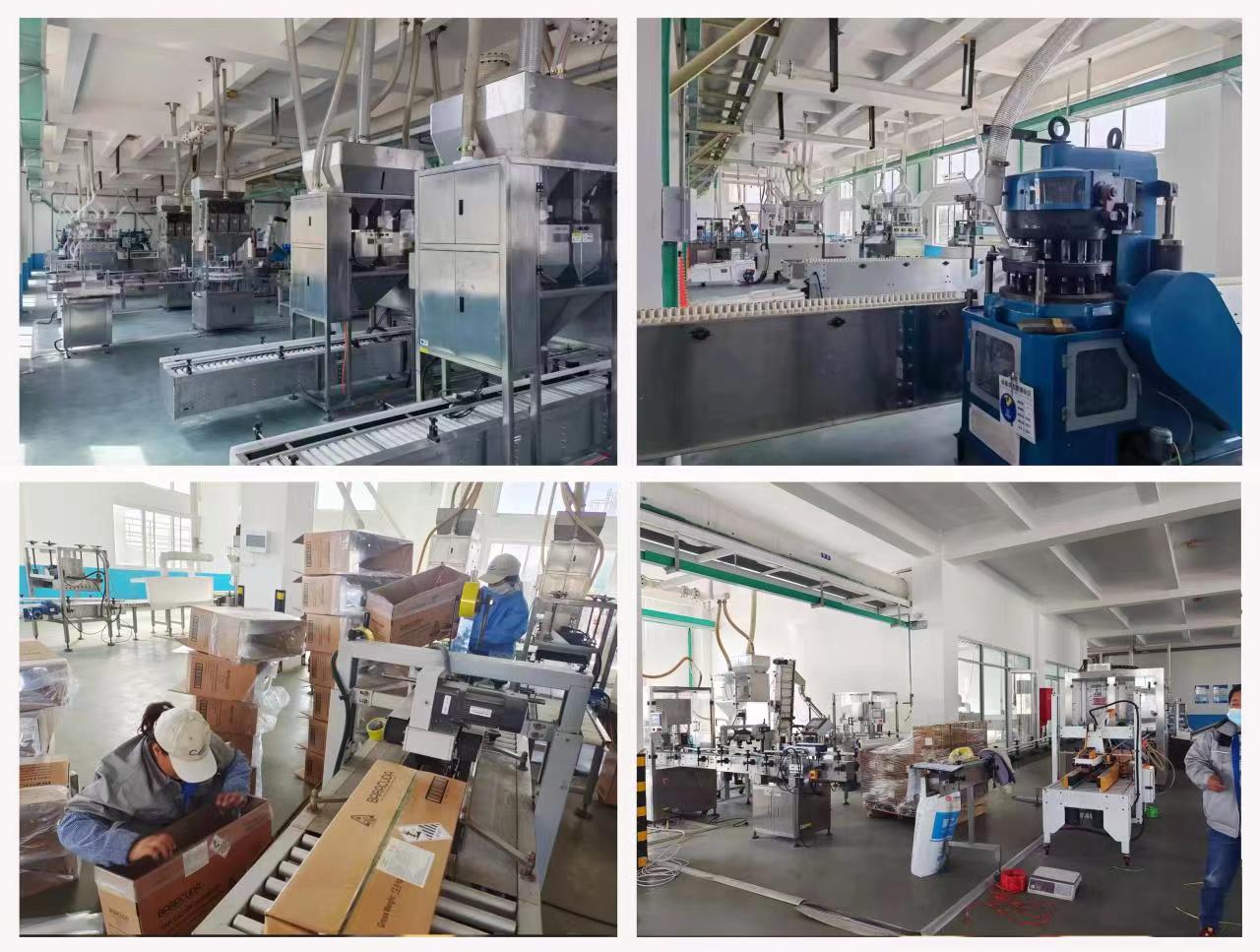

Select Language


Payment Type:D/A,D/P,T/T,L/C
Incoterm:EXW,CIF,CFR,FOB
Brand: kopeo
CAS No.: 56-81-5
EINECS No.: 200-289-5
MF: C3H8O3
Place Of Origin: China
Other Names: Glycerine
Appearance: Colorless Liquid
Standard Grade: Industrial Grade
Color: Colorless
Storage: Cool Dry Place
Sample: Avaliable
Payment Type: D/A,D/P,T/T,L/C
Incoterm: EXW,CIF,CFR,FOB
Product Information
Glycerine, also known as propanetriol, chemical formula for C3H8O3, colorless, odorless, sweet, the appearance of a clear viscous liquid, is an organic matter, can absorb moisture from the air, is the backbone of the triglyceride molecule components. When the body ingests edible fats, the triglycerides in them are metabolized and decomposed in the body to form glycerol and stored in fat cells. Therefore, the end products of triglyceride metabolism are glycerol and fatty acids. Glycerol has a wide range of applications, from dietary to cosmetic to industrial applications. It is used as a solvent, lubricant, pharmaceutical and sweetener, among others.
Physical properties
Glycerine is a colorless, transparent, odorless, sweet-tasting, viscous liquid with hygroscopicity.
Glycerol has a boiling point of 290°C, a melting point of 17.9°C and a relative density of 1.2613. It is infinitely miscible with water. Anhydrous glycerin has strong water absorption, so it is often used as a hygroscopic agent and moisturizer in cosmetics, leather, tobacco, food and textiles.
Glycerine has been recognized as a non-toxic and safe substance, and no harmful effects have been observed in humans or animals when large doses of natural or whole glycerol are taken orally, and no toxicity has been observed when 5% glycerol is injected intravenously into the human body. The National Institute of Occupational Safety and Health (NIOSH) stipulates that the glycerin content in water is harmless to human beings if it is above 1000mg/L. Glycerin is an important basic organic raw material.
Glycerine is an important basic organic raw material, in industry, medicine and daily life in a wide range of uses, there are about 1700 kinds of uses, mainly used in medicine, cosmetics, alkyd resin, tobacco, food, drinking acid resin, celluloid and explosives, textile printing and dyeing and other aspects.
Glycerine has a weak acidity, can act with alkaline hydroxides, such as copper hydroxide with the role of brightly colored blue copper glycerol (can be used to identify polyols). With nitric acid to generate nitroglycerin trinitrate, also known as nitroglycerin, is a kind of high explosives.

Company information
The company's main import and export products include
(1)Organic Raw Materials:Organic raw materials, i.e., Petrochemicals based on oil and natural gas as raw materials, grain fermentation for alcohol or solvent industry, coal gasification of raw gas and dry distillation of recovered coal tar to produce or fractionate a variety of organic chemical products in the industry.Our Organic Raw Materials include Industrial Acetate、Hydrocarbon Compounds、Ester Compounds.
(2)Petrochemicals:Petroleum products is a generic term for a variety of commodities that are produced directly from petroleum or a portion of petroleum.Petrochemical use petroleum as the basic raw material.The petroleum industry has always been dominated by the production of petrol, paraffin and Fuel Oil for industrial boilers. One of the refining methods, catalytic cracking, is the use of heat, pressure and catalysts to crack heavy oils into lighter oils, mainly gasoline. Another method of refining is polymerisation, which is the opposite of cracking: small molecules are synthesised into larger ones, and the lighter gases from refining are polymerised into petrol and other liquids.Our Petrochemicals include Special Oils And Fats, Petroleum Product Additives, petroleum waxes and so on.
